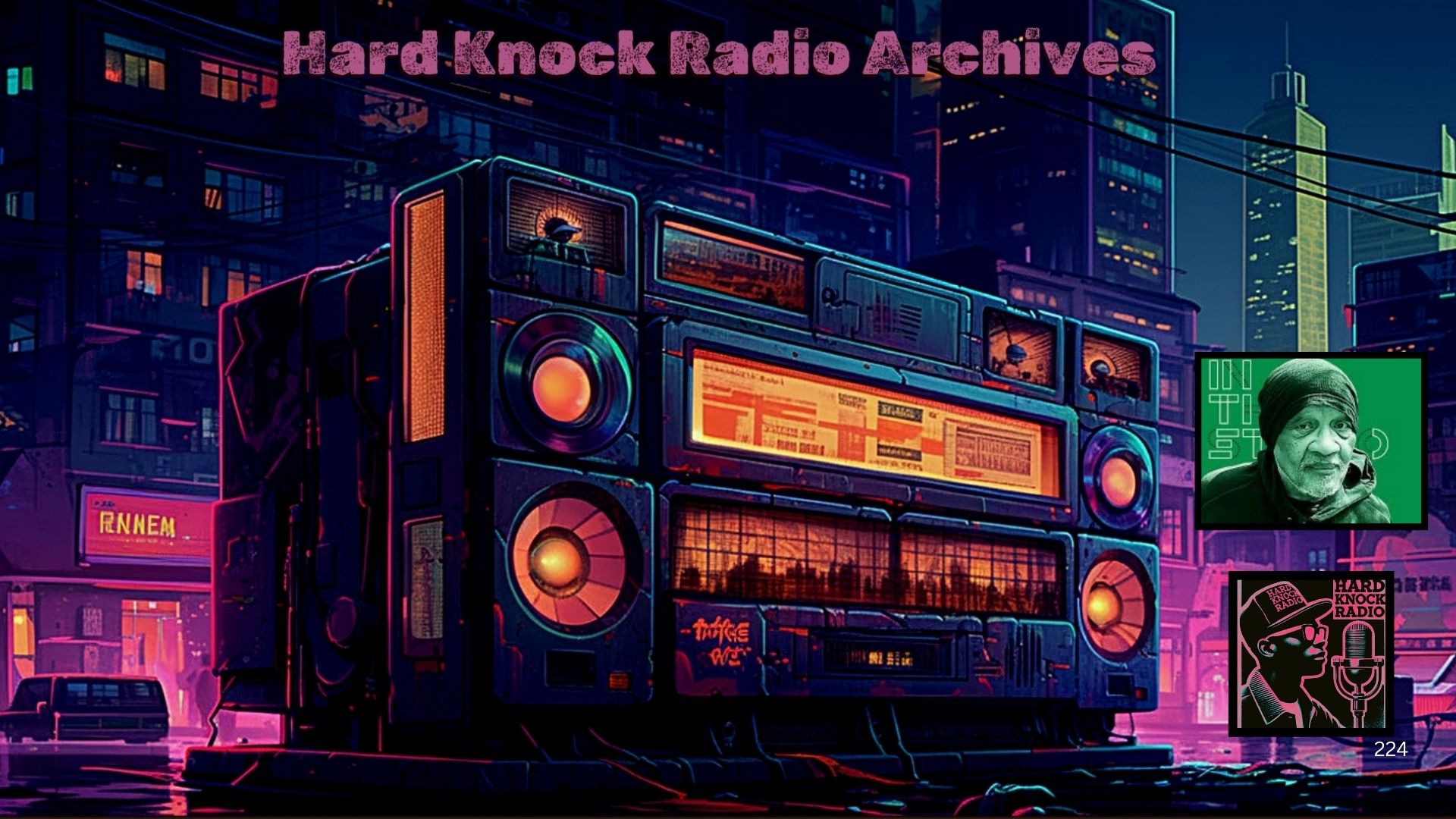(HKR-10-22-24) On a recent episode of Hard Knock Radio, host Davey D interviewed renowned author, playwright, and educator Ishmael Reed about his powerful poem Jazz Martyrs, which explores the lives and struggles of legendary jazz musicians. Reed, who has long been engaged with the history of jazz, provides critical insights into the exploitation of black artists and the impact of systemic racism on the careers of musicians like Billie Holiday, Charlie Parker, and others. This discussion not only addresses the historical challenges faced by jazz icons but also draws compelling comparisons to today’s music industry, particularly in the realm of hip hop.
Ishmael Reed on the Exploitation of Jazz Musicians
Reed’s Jazz Martyrs highlights the difficulties and untimely deaths of jazz musicians, many of whom were exploited by club owners and mobsters. These figures controlled their financial success and even their personal lives, leading to tragic outcomes for many artists. Reed explains, “Jazz musicians were dependent upon the standards, and in the end, they wound up having to pay a lot of these estates.” He also delves into how substances like heroin were prevalent in the jazz scene, affecting the lives and careers of musicians, noting, “Heroin was a training one now with blues musicians. I think it’s whiskey when you hear the songs
The Marginalization of Black Jazz Artists
A key point Reed emphasizes is the commodification of jazz and how the mainstream music industry often sidelined black artists in favor of white musicians. Reed criticizes this disparity, specifically calling out the recognition of white musicians like Dave Brubeck, who received widespread acclaim, while jazz legends like Duke Ellington were overlooked. “Dave Brubeck makes the cover of Time, while Duke Ellington, who should have been on that cover, was ignored,” Reed states, illustrating the racial and economic forces that shaped the history of jazz.
Reed Draws Parallels Between Jazz and Hip Hop
In the interview, Reed draws a striking parallel between the struggles of jazz musicians and contemporary hip hop artists. Both genres, according to Reed, face similar challenges with exploitation and the control of their work by corporate interests. He explains, “I think it’s a fierce competition, at least the fratricide side,” reflecting on the fierce competition in today’s hip hop industry. Reed’s perspective serves as a critique of the ongoing systemic issues that continue to affect artists of color, from jazz to hip hop.
Ishmael Reed’s Personal Connection to Jazz
Reed’s connection to jazz is deeply personal, and he shares his experience learning the genre later in life. Studying with musicians like Mary Watkins, Reed gained a deeper appreciation for jazz as a cultural and revolutionary force. He underscores that jazz was much more than entertainment—it was protest music that played a vital role in challenging racial injustices. “Jazz was protest music,” Reed says, highlighting how the genre gave voice to the struggles of black America.
Reed’s Legacy and the Call for Recognition of Black Artists
This engaging discussion on Hard Knock Radio serves as a call to action, urging listeners to honor the foundational contributions of black musicians in jazz and hip hop. Reed critiques the lack of recognition for these artists, saying, “They should be honored like Bach and Beethoven, but they’re not treated that way.” His words call for a deeper understanding of the historical and contemporary challenges faced by black musicians and their ongoing impact on music and culture.
For those interested in exploring the intersections of race, music, and cultural history, Reed’s work—including Jazz Martyrs—offers a valuable perspective on the challenges that continue to shape the music industry. Reed’s powerful insights on the exploitation of black artists and the marginalization of jazz greats challenge us to recognize and honor their contributions, both in the past and present.


Leave a Reply